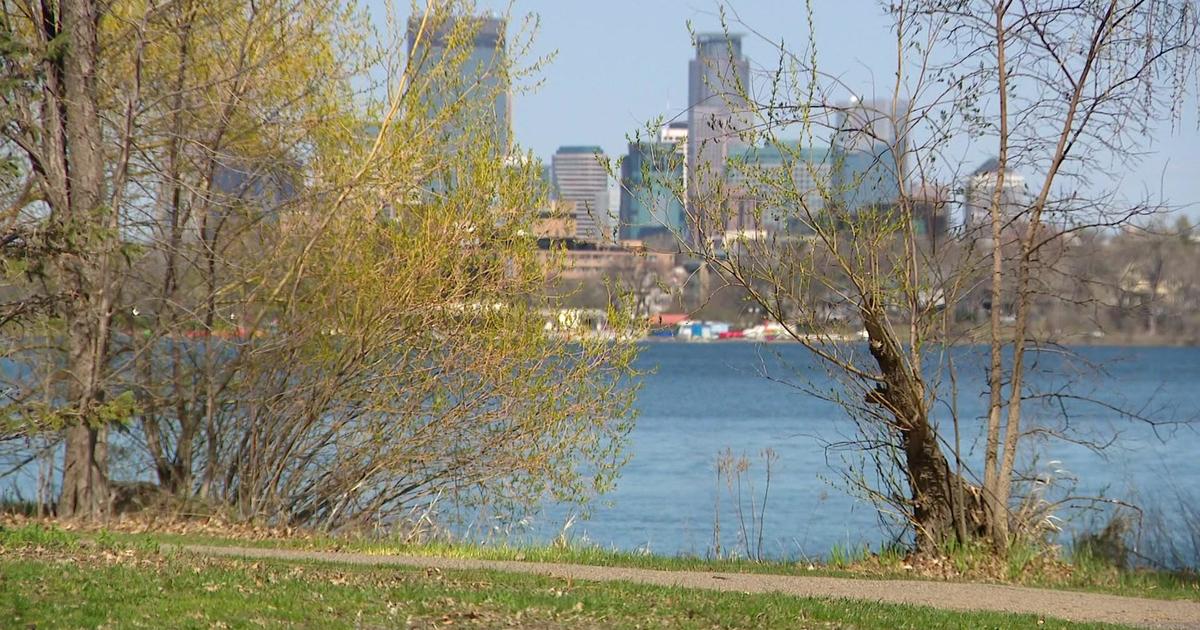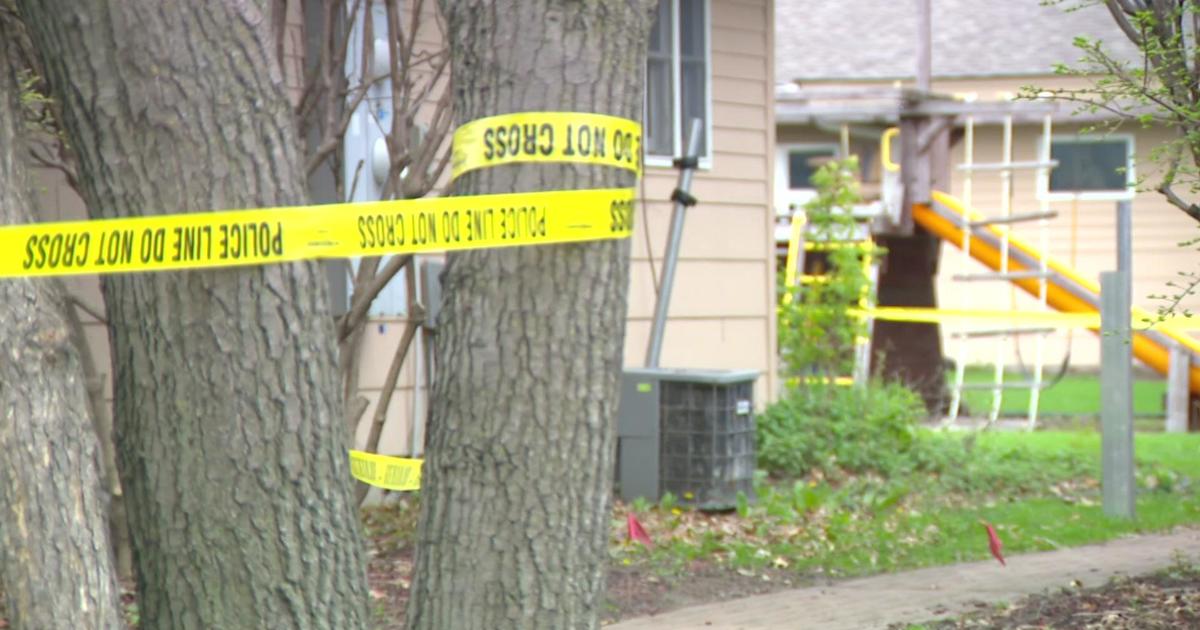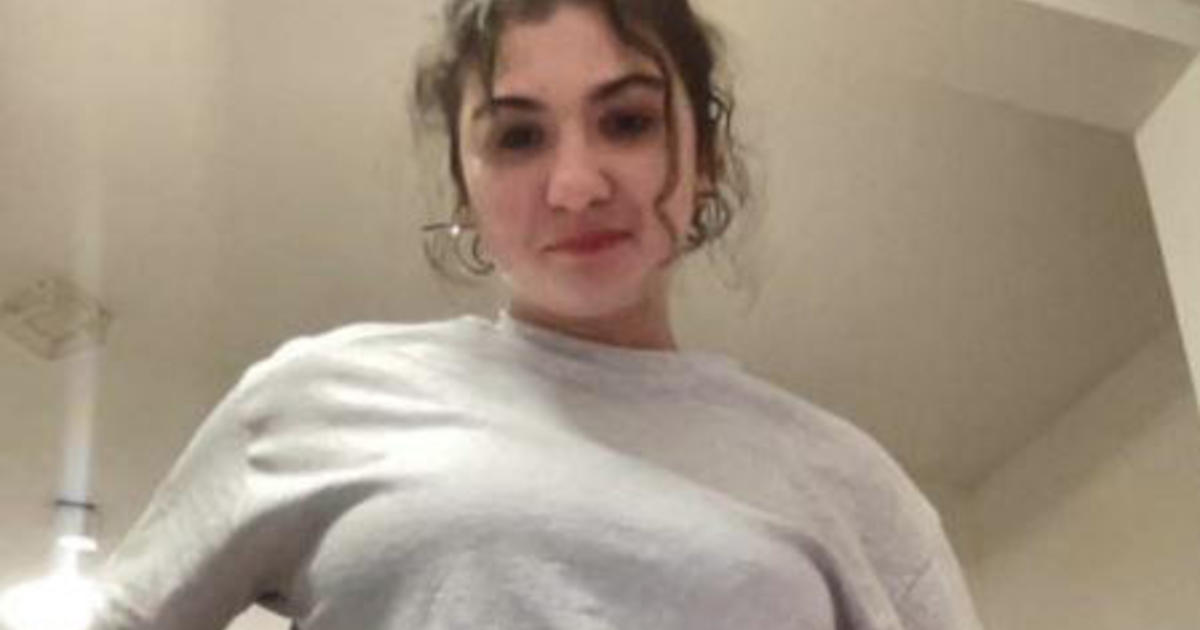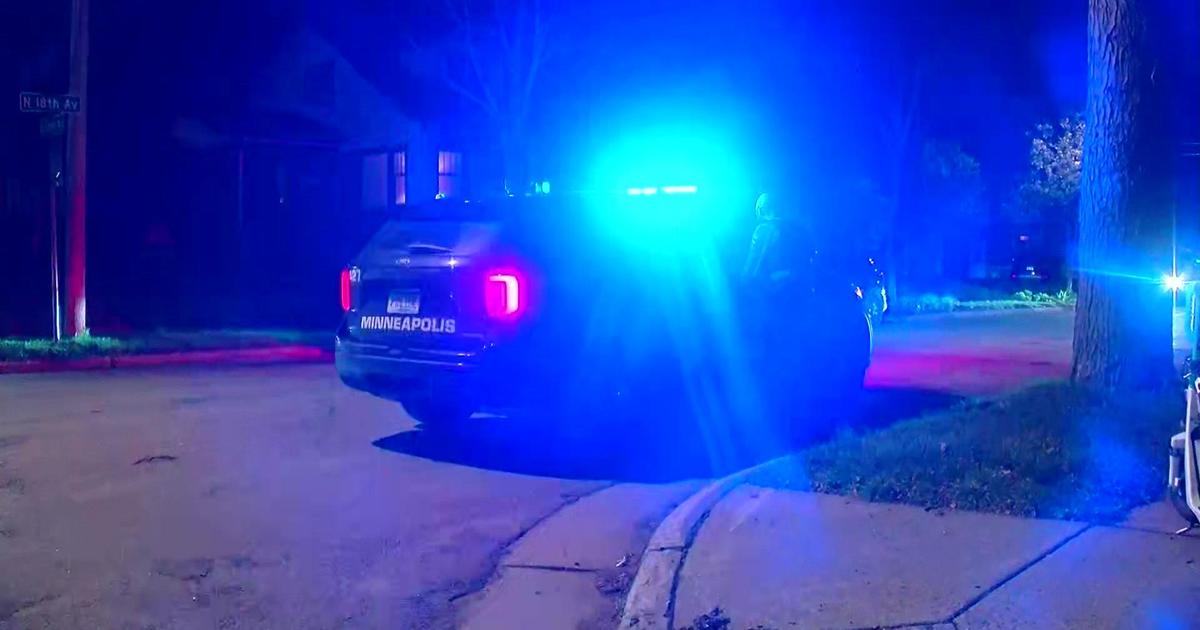Philonise Floyd Sheds Tears For His Brother George While On The Stand In Chauvin Trial
MINNEAPOLIS (AP) -- George Floyd's younger brother took the witness stand Monday and lovingly recalled how George used to make the best banana mayonnaise sandwiches, how George drilled him in catching a football, and the way George used to mark his height on the wall as a boy because he wanted to grow taller.
Philonise Floyd, 39, shed tears as he was shown a picture of his late mother and a young George.
"That's my oldest brother George. I miss both of them," he testified at the murder trial of former Minneapolis police Officer Derek Chauvin, accused of killing George Floyd by putting his knee on the 46-year-old Black man's neck during an arrest last May.
Philonise Floyd took the stand as part of an effort by prosecutors to humanize his brother in front of the jury and make him more than a crime statistic. Minnesota is a rarity in allowing "spark of life" testimony during the trial stage.
Philonise Floyd described growing up in a poor area of Houston with George and their other siblings.
"He used to make the best banana mayonnaise sandwiches. And he used to make the best syrup sandwiches because George couldn't cook, he couldn't boil water," he said.
He said Floyd also played football and purposely threw the ball at different angles so Philonise would have to practice diving for it. "I always thought my brother couldn't throw. But he never intended to throw the ball to me," he said, smiling.
He said that as a child, George used to mark his height on the wall, because he loved sports and wanted to grow taller. And he said his brother was someone he went to for advice.
Earlier Monday, the judge refused a defense request to immediately sequester the jury, the morning after the killing of a Black man during a traffic stop triggered unrest in a suburb just outside Minneapolis.
Chauvin attorney Eric Nelson argued that the jurors could be influenced by the prospect of what might happen as a result of their verdict.
"Ultimately, your honor, the question becomes will the jury be competent to make a decision regardless of the potential outcome of their decision," he said.
But Judge Peter Cahill said he will not sequester the jury until next Monday, when he anticipates closing arguments will begin. He also denied a defense request to question jurors about what they might have seen about unrest following Sunday's police shooting of 20-year-old Daunte Wright in Brooklyn Center.
In the wake of the shooting, hundreds of protesters broke into about 20 businesses at a shopping center, jumped on police cars and hurled rocks and other objects at officers in Brooklyn Center, about 10 miles from the heavily fortified Minneapolis courthouse. Police in riot gear fired gas and flash-bang grenades.
The Brooklyn Center police chief later called the shooting accidental, saying the officer who fired apparently meant to draw a Taser, not a handgun.
Prosecutor Steve Schleicher argued against sequestering the Chauvin jury, saying: "I don't think that would be an effective remedy." He also opposed questioning the jurors.
"World events happen," Schleicher said. "And we can't have every single world event that might affect somebody's attitude or emotional state or anything be the grounds to come back and re-voir dire all the jurors."
The judge previously told the jury to avoid the news during the trial.
The ruling came as the trial entered its third week, with the prosecution close to wrapping up its case and giving way to the start of the defense. Prosecutors built their case on searing witness accounts, experts condemning Chauvin's use of a neck restraint, and medical authorities attributing Floyd's death to a lack of oxygen.
(© Copyright 2021 The Associated Press. All Rights Reserved. This material may not be published, broadcast, rewritten or redistributed.)



